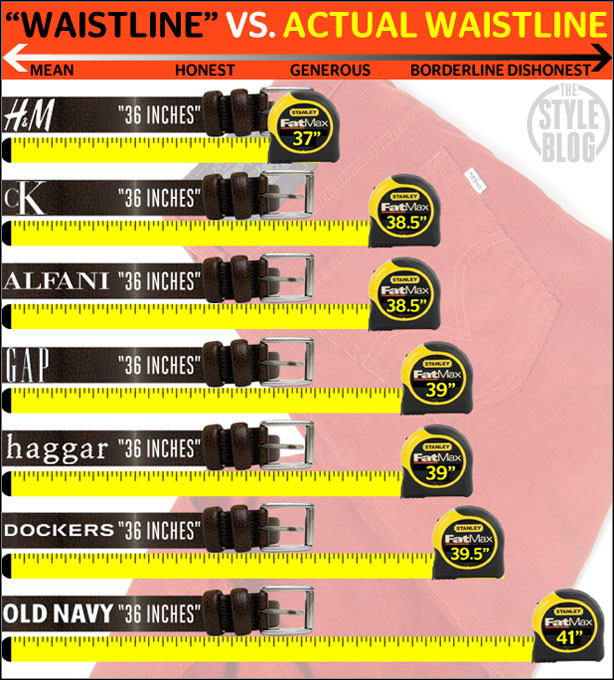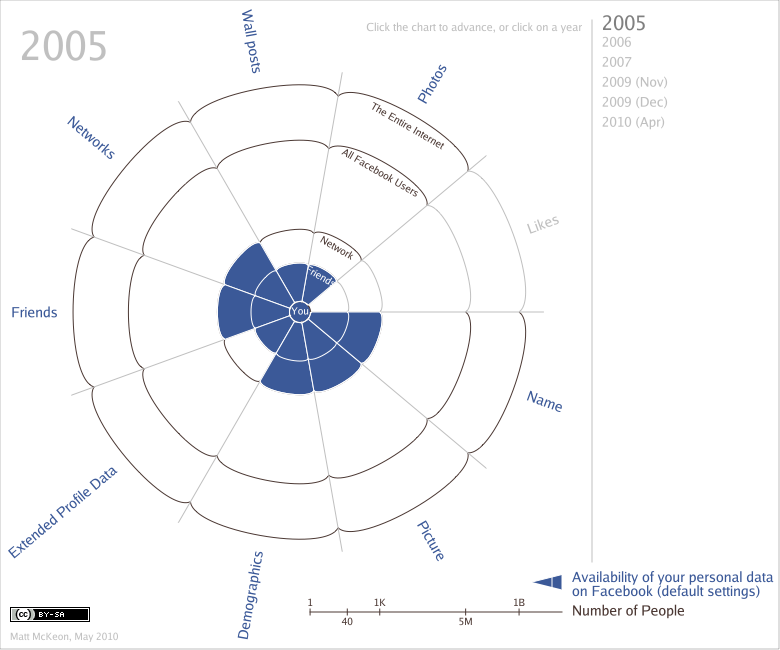In a development that will surprise nobody (unless you work in the planning department of a cell phone company, apparently), smartphone users are indulging in data faster than predicted:
With costs of maintaining their networks flying through the roof, the nation’s largest wireless carriers are attempting to limit the mobile Internet usage of their most download-happy customers through speed slowdowns, price tiering and by raising costs.
Yet Americans’ mobile Internet usage is growing exponentially. Video, multimedia-heavy apps and other data hogs have even casual users sucking down more data than they realize.
“As the mobile Web continues to get better, people are using it more,” said Todd Day, a wireless industry analyst with Frost & Sullivan.
[. . .]
In June 2010 — when it scrapped its unlimited data offering and moved to a capped system — AT&T (T, Fortune 500) said that 98% of its smartphone customers use less than 2 gigabytes per month of data, and 65% use less than 200 megabytes.
But that was six months ago. At the rate mobile Internet traffic has been expanding, June was practically the stone age.
[. . .]
The heaviest data users tend to have Android devices, which run widgets that constantly update with data over the network. Android users download an average of 400 MB per month, and iPhone users are a close second with 375 MB per month, according to Frost & Sullivan. On the flip side, BlackBerry devices tend to download just 100 MB per month.
Update: “Brian X. Chen says “Verizon iPhone Shows You Can’t Win: Carriers Hold the Cards”:
The launch of the iPhone on Verizon adds to the mountain of evidence that you just can’t trust wireless carriers.
On the day that iPhone preorders began last week, Verizon quietly revised its policy on data management: Any smartphone customer who uses an “extraordinary amount of data” will see a slowdown in their data-transfer speeds for the remainder of the month and the next billing cycle.
It’s a bit of a bait-and-switch. One of Verizon’s selling points for its version of the iPhone is that it would come with an unlimited data plan — a marked contrast to AT&T, which eliminated its unlimited data plans last year.
Verizon incidentally announced a plan for “data optimization” for all customers, which may degrade the appearance of videos streamed on smartphones, for example.
Verizon didn’t send out press releases to alert the public of this nationwide change regarding data throttling and so-called “optimization.” The only reason this news hit the wire was because a blogger noticed a PDF explaining the policy on Verizon’s website, which Verizon later confirmed was official. Obviously it’s bad news, so Verizon wanted to keep a lid on it.






